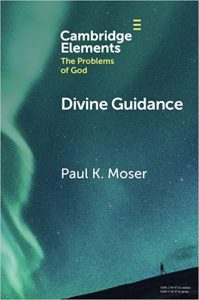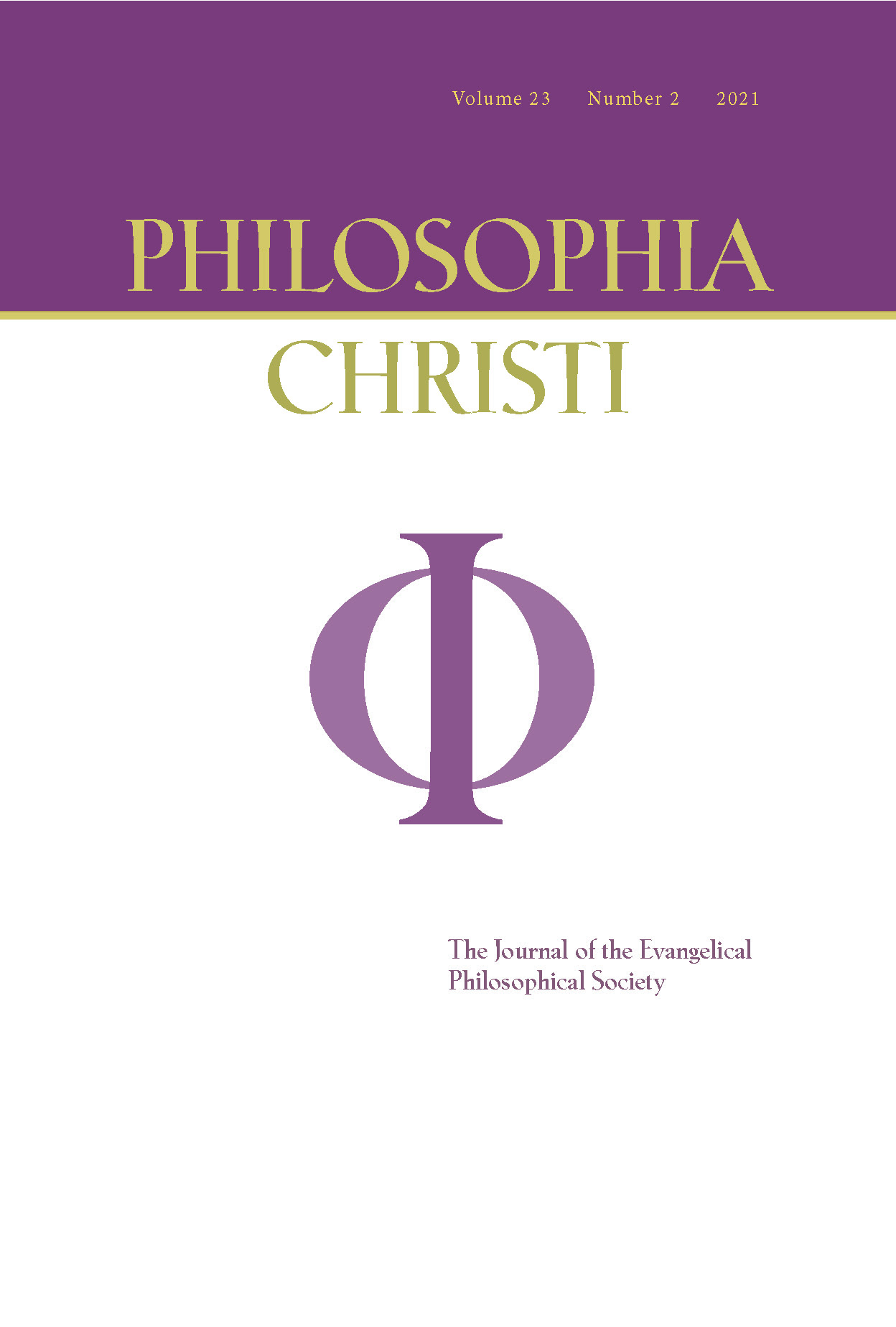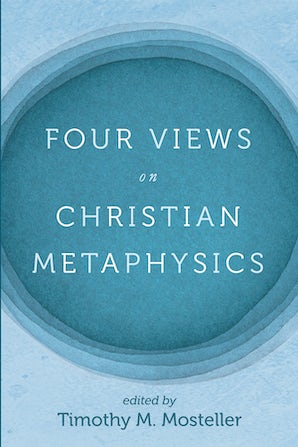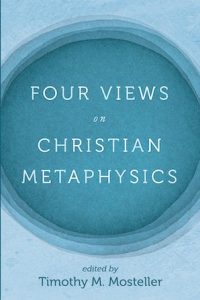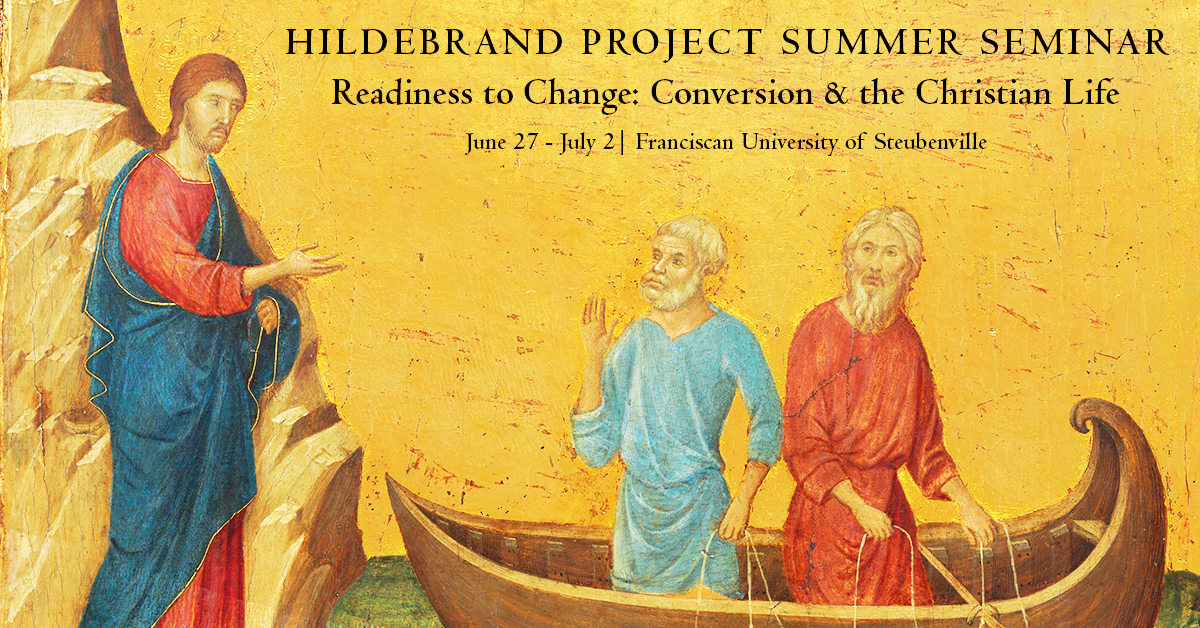
The 2022 (12th Annual) Summer Seminar of the Hildebrand Project focused on the theme, “readiness to change: conversion and the Christian life.”
From the seminar’s description:
Dietrich von Hildebrand understood our readiness to change not only as the beginning of the Christian life, but also as the source of its continuance and completion. It is, one could say, the fundamental answer to the call, the vocation, to Christ. This was not a mere readiness to change a little here or a little there, but to be changed radically, at all levels of one’s being, to be made “a new creature in Christ” . . .
In our 2022 seminar, we take Dietrich von Hildebrand as a master of the spiritual life. In particular, we will explore the image that Hildebrand gives of the person “transformed by Christ.” For this, we will begin with his account of the “fundamental attitudes,” especially of reverence, in his book The Art Living. We will then explore his account of the supernatural virtues and attitudes — from metanoia (which Joseph Ratzinger says has “seldom been so accurately diagnosed”) and contrition to recollection and contemplation to humility and mercy.
In addition to putting Hildebrand’s work on the spiritual life into conversation with other Catholic writers, a panel discussion was devoted to the late Dallas Willard and the intersection of the themes of his work with Hildebrand. Panelist presentations were made by Aaron Preston, Dan Sheffler, and Walter Hopp (read by Preston).


